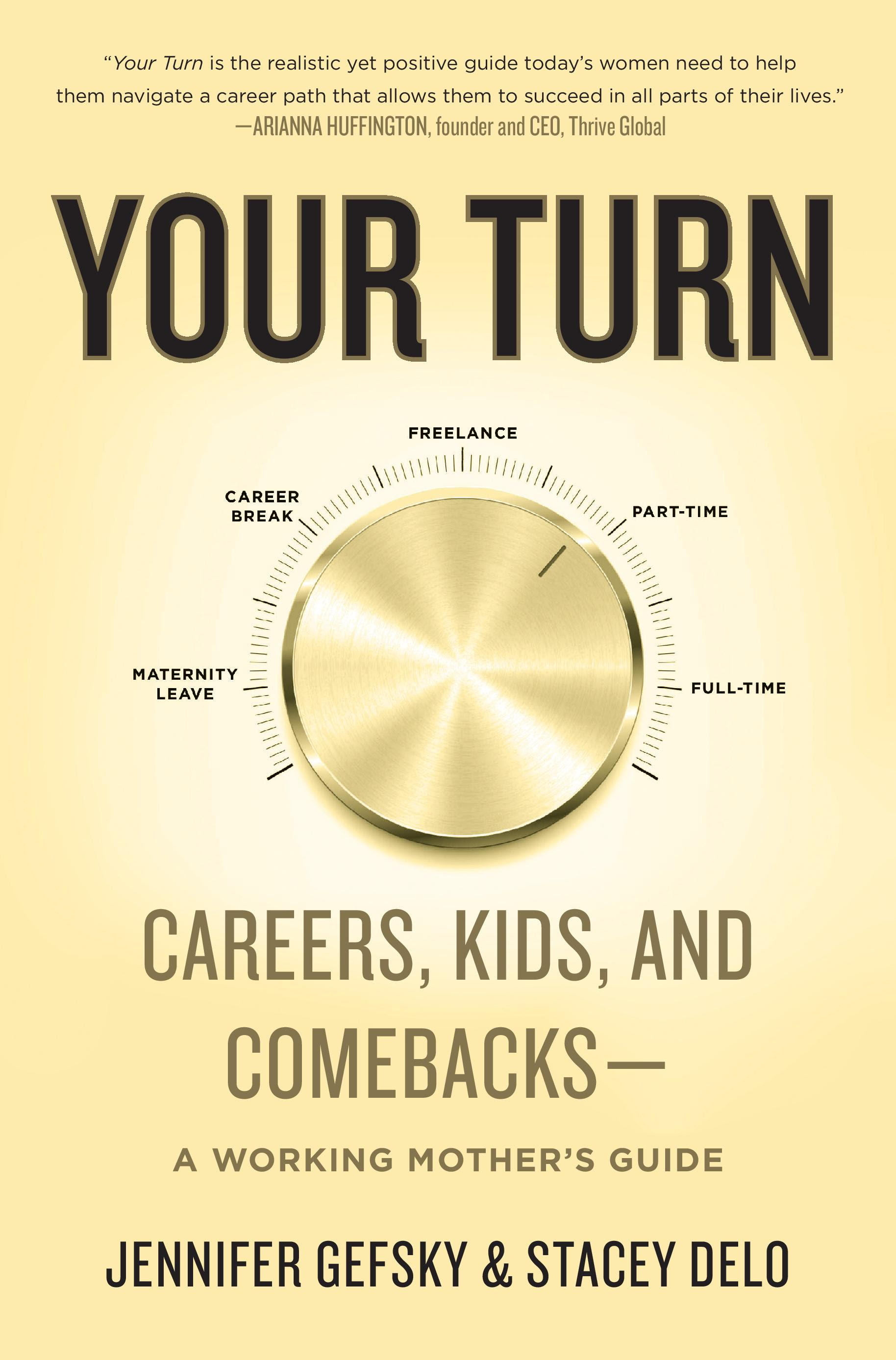With forward-thinking companies understanding the need for cultural workplace reform, now is the perfect time to pitch for a more accommodating schedule. There is no one definition to flexibility. It means different things to different people. It can simply be coming in earlier and leaving earlier; or working from home one day a week. It can mean full telecommuting or a compressed workweek (forty hours in four days).
With so many options available, first consider how your ideal week would unfold. Do you prefer to work from home one day a week or work only four days a week? Is it a shift in hours (coming in early, leaving early) or the ability to be home for dinner one day a week? And think about why you need or want flexibility. Maybe it’s to avoid a long, unproductive commute. Maybe you really want to be able to drop your kids off at school once a week.
Think about the cadence of your work (are Mondays particularly busy?, are there all-hands meetings on other days?) and your family’s particular habits (car-pool needs are out of control on Wednesdays) to figure out what’s a good solution. Having a clear objective and the confidence to ask for what you want will ensure your ability to negotiate.
“I wish all employers, including my most recent past employer, would be more flexible with working parents, recognizing they often need to be in two places at once,” says Lauren, a fundraising manager. “And flexibility allows workers to get more done, too.” We live in a modern age, with technology, so working remotely is a very good option to offer, support, and even encourage—it allows workers some flexibility that day with their children (pickup/drop-off) and even allows them time to get more done without the distractions of coworkers or the workplace.
Prepare to make the ask. Do your research before you approach your boss. Search for precedents at your company: Does anyone in the organization work from home? What’s the arrangement? If you don’t know, go to HR and ask for the policy. Then, predict what your boss’s concerns might be, whether it’s not being in person for a last-minute client meeting or that it will be harder for her to manage your time. Have a plan as to how you’re going to address those issues.
Present flexibility as a win/win. Draft an opening script that says you want to work together to figure out a way to allow you to work from home. Don’t come at it like, “Here’s what I want and why.” It should reflect that this is a problem-solving conversation. It is important to note that this arrangement should benefit both you and your company. Instead of viewing it as an accommodation, be sure to present the value to your employer. Why do you think this would be beneficial for the company? Companies don’t say yes to be nice. They say yes to benefit the company.
Be flexible with how it could work. Maybe it’s one day a week, two days a month; let your boss propose a date first. Remember, this is a negotiation so figure out what you really need and what you really want. The more options you present, the better your chances of finding the perfect fit. This can be a boon for your peers as well! If your boss is still hesitant, propose a trial. Say, let’s try this for two months and regroup to talk about what did and didn’t work.
Be a great flex worker. If you succeed in convincing your employer that you can effectively manage a flexible schedule, your job is to continue to be productive, communicative, and reliable in your new schedule. It may take a bit of trial and error to find the most effective way to work from home. It sounds a lot better than it actually is, being pulled into two worlds. Even with a flex sched- ule, the demands of motherhood are a part of your mental load. Finding balance at work and home is the dance that mothers will always perform. Show your company that it is possible to master or at least manage it.
As the desire and need for flex options rise, more companies are offering company-wide benefits. “We are seeing significant trends in the flex work realm,” says Amy Elisa Jackson, editorial director at Glassdoor. “They have to attract and retain talent.” According to Jackson, Dell, Aetna, Apple, Kaplan, and American Express all offer flexibility options and have bene- fits packages that note the kind of flex work that’s possible, and companies are launching perks like “Work from Home Wednesdays.”
Taking a career break—or dialing it up then down—won’t kill your career. In fact, having these years of life perspective can make you a more valuable employee. There is magic in taking a break. We’re going to help you use that to help you get back.

Excerpted from YOUR TURN: Careers, Kids, and Comebacks — A Working Mother’s Guide by Jennifer Gefsky and Stacey Delo with permission from the authors and publisher.
Follow us here and subscribe here for all the latest news on how you can keep Thriving.
Stay up to date or catch-up on all our podcasts with Arianna Huffington here.


